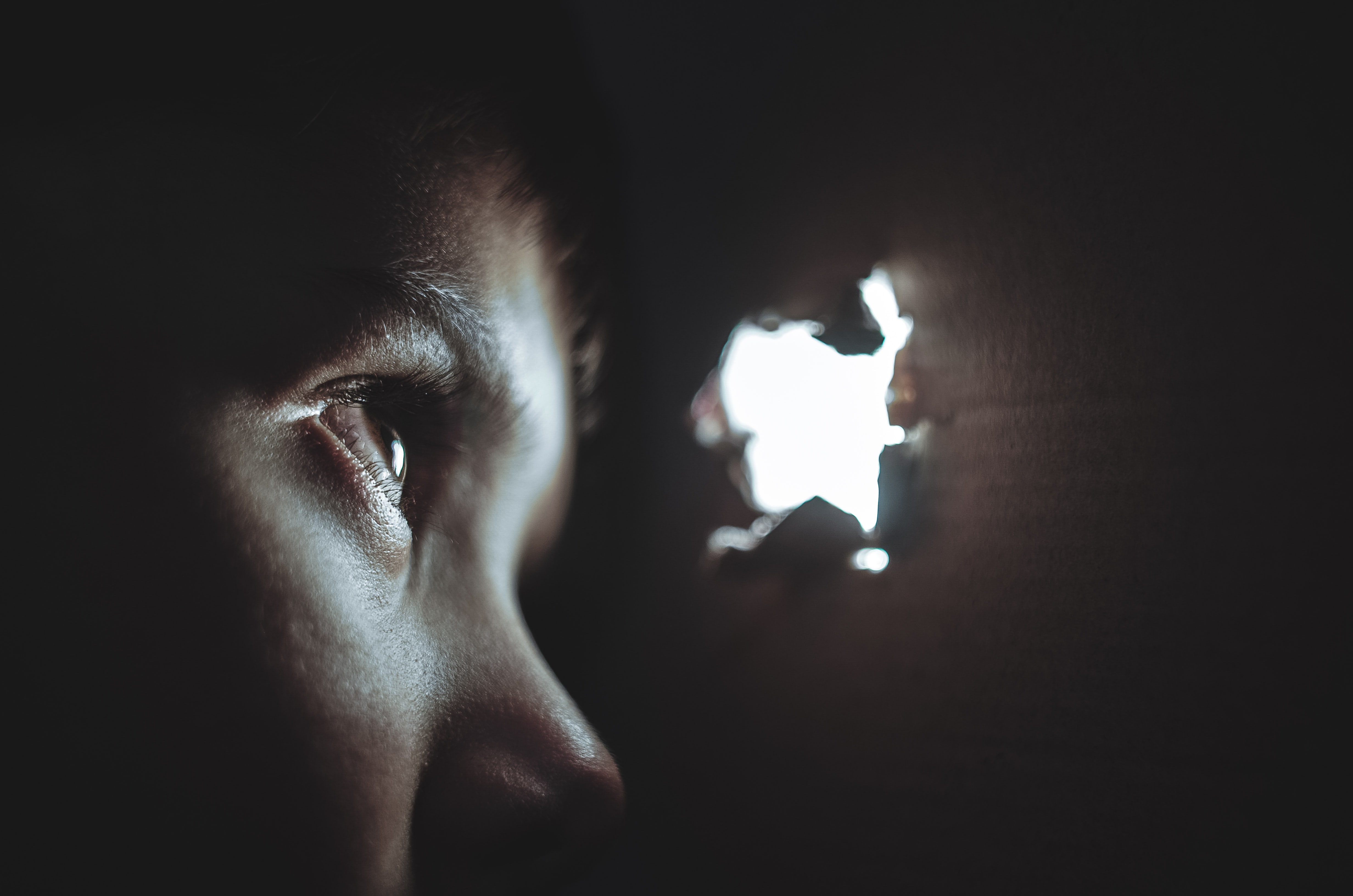As I write this, we are in unknown terrain. Tens of millions if not more of us, across the world, are on a kind of temporary lock-down. Businesses and schools have closed. Major events are cancelled. The stock market has been wildly destabilized. I could go on. But you know. You know the feeling of uncertainty and chaos. Polarization be damned. We are all feeling life to be out of control now.
My question is: What will come of it? What will we learn? What will surprise us? What good new things will be born? How will we grow wiser — ironically, perhaps, closer? What will help us stay curious, stay loving, stay hopeful, stay open to allowing the best in us to emerge?

While in no way meaning to belittle how serious this Coronavirus moment is, it also feels like this is an important and, in some ways, surprising tipping point. Over the past twenty years, we’ve had so many serious issues confront us: climate change, economic inequality, a presidency that has made America feel unrecognizable to many of us, and more. As a parent and recovering Catholic, I have felt a deep responsibility for what is happening in the world and spent many years trying to imagine what can I do to help.
It is now so abundantly, dramatically clear — in that over-the-top, Greek tragedy kind of way — how much is beyond my control. Beyond our control. How appropriate it is to have more humility. To stop thinking we can three-step or five-step or ten-step our way to grand solutions to life’s great challenges. Time to accept how much bigger life is than us and put our focus on helping in the small but important ways we can. And focus on sharing our helping, healing moments — our moments of uplift — with others.
There is a scene I remember (more or less accurately, I hope) from Virginia Woolf’s To the Lighthouse that seems apt. It is nighttime and the Ramseys are hosting a dinner party downstairs while their two children are upstairs in bed, unable to sleep. The daughter is frightened of a skull on the wall and wants it taken away; the son loves it and wants it to remain. Mrs. Ramsey, learning of the conflict, takes off her scarf and wraps it around the skull, covering it from view. She then kisses her reassured daughter goodnight and, leaning down to kiss her son, whispers: It’s still there.
The point is: We can always help makes things better, if only in small ways, perhaps most importantly in small ways, perhaps only in small ways. But those ways matter greatly.
Lisa Bennett is a longtime writer who explores how we relate to and grow from some big, seemingly unwelcome issue of our time. She is also the co-author with Daniel Goleman of Ecoliterate, a contributor to The Compassionate Instinct, and other books. She is newly blogging (again) at www.LisaBennett.net.

